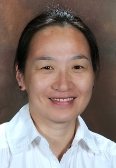
Shannon Barwick, PhD
706-721-3078

Ruth Caldwell, PhD
706-721-6145
Our lab focuses on vascular biology and the molecular mechanisms that control retinal vascular function and growth during health and disease. We seek to understand the role of the enzyme arginase in altering retinal blood flow and causing neuronal cell death in diseases like diabetic retinopathy and retinopathy of prematurity.

Jian-Kang Chen, PhD
706-721-8424
Our lab is interested in the mechanism of nephron hypertrophy, which is implicated in setting the stage for progressive nephron damage. We are also interested in the cellular and molecular mechanisms underlying the nephron damage seen in acute kidney injury (AKI) and chronic kidney disease (CKD). We hope to identify potential molecular targets for the development of preventive and/or therapeutic strategies to preserve nephrons and prevent kidney failure.
MORE ABOUT JIAN-KANG CHEN, PHD

Jianzhong Chen, PhD
706-721-3783
The primary objective of our research is to characterize molecular changes in biological samples for disease studies. We are particularly interested in lipidomic and proteomic analyses for studying the mechanisms, early diagnoses, and treatments of ocular diseases, including dry eye disease and age-related macular degeneration.
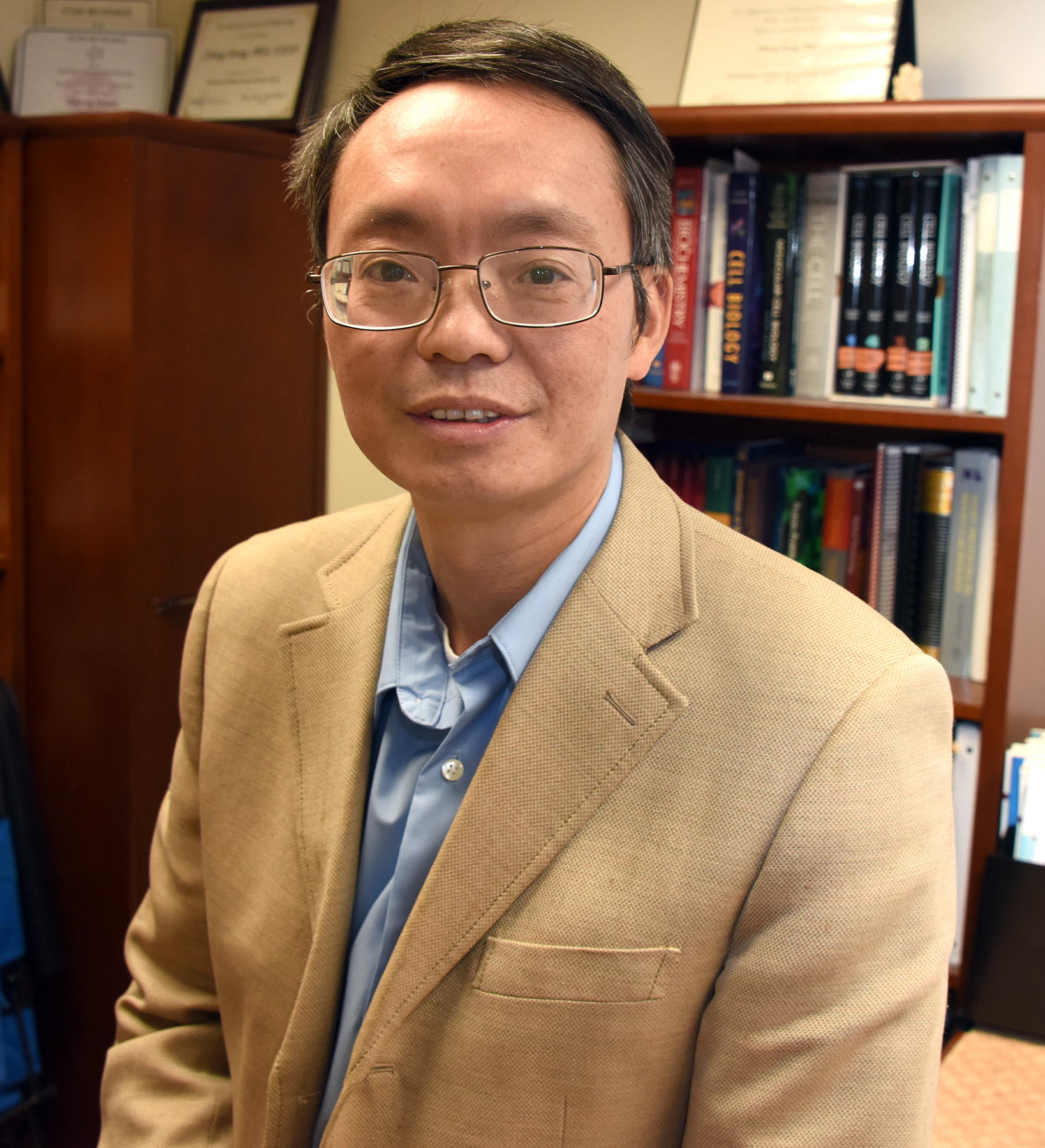
Zheng Dong, PhD
706-721-2825
The overall goal of our research is to delineate the molecular mechanism of cell injury/death, its protection and subsequent regeneration. Our focus has continued to be the response of kidney and cancer cells/tissues to pathological conditions of hypoxia/ischemia, metabolic stress, and DNA damage.
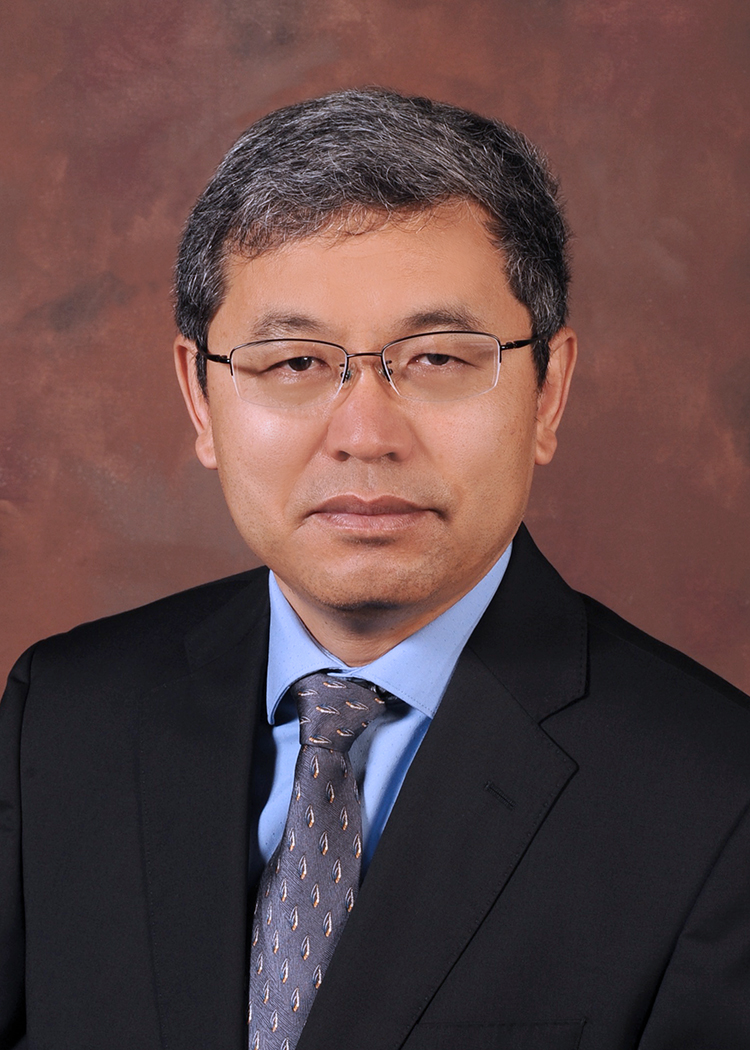
Xingjun Fan, PhD
706-721-2019
The research in my laboratory centers on the lens, an important structure with the eye that focuses light on the retina. We study the role of reactive oxygen species (ROS) in aging and age-related disease, i.e., age-related nuclear cataract (ARNC) and Alzheimer’s disease (AD). We also use in vitro and in vivo model systems to study posterior capsule opacification (PCO), a common post cataract surgery complication.

Graydon Gonsalvez, PhD
706-721-1756
The focus of our research is on understanding the mechanisms by which cells establish polarity. Establishment of cell polarity is essential for normal cell function. We also seek to understand how mis-regulation of this process results in disease.

Yuqing Huo, MD, PhD
706-721-4414
The overall goal of our research is to understand mechanisms of inflammatory diseases, including metabolic and cardiovascular diseases at the molecular and cellular levels as well as in vivo animal models.

Sang-Ho Kwon, PhD
706-721-0379
A major question in cell biology is how cells communicate with each other. One mechanism involves exosomes, a type of extracellular vesicles released after fusion of the internal vesicles with the cell surface. Because exosomes mirror the origin and status of the cells, the analysis of the content encapsulated in exosomes from biological fluids can reveal information relevant to human health and disease. Currently, work in our group is aimed at 1) building exosome detection toolboxes that can be applied to various exosome fields; 2) dissecting exosome biogenesis at the molecular levels; and 3) understanding the roles of exosomes in regeneration following organ injury.

Ellen K. LeMosy, MD, PhD
My laboratory is currently testing roles of an extracellular matrix protein, Tinagl1, in heart development and spine/spinal cord development in young zebrafish. We are using CRISPR/Cas9 gene editing for definitive mutant phenotypes, and then will examine development using live imaging, signaling pathway analyses, and tissue staining. Links to primary cilia and Wnt signaling are suggested by previous data. Tinagl1 family members have been implicated in renal development, nephronophthisis, and suppression of metastasis of breast cancer, but the mechanisms are virtually unknown.
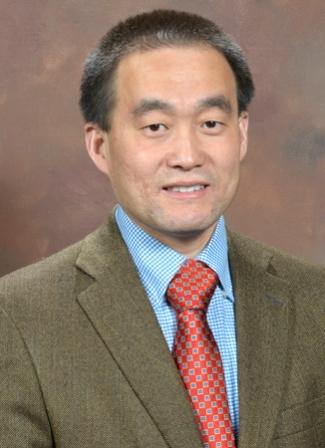
Yutao Liu, MD, PhD
706-721-2015
Dr. Liu's research interest is to identify genetic risk factors related to complex human diseases, such as corneal diseases, primary open-angle glaucoma (POAG) and amyotrophic lateral sclerosis (ALS, Lou Gehrig's disease). Dr. Liu is also interested in the role of genomic structural variation in human disease.

Morganne L. Manuel, PhD
706-721-2985
Teaching faculty in Medicine for Anatomy. Assistant course Director for Cardiopulmonary Hematology Module, Gastrointestinal, Genitourinary, and endocrinology Module, Brain and Behavior Module, Case-Based Learning facilitator, Histology teaching faculty in Medicine and Neuroanatomy teaching faculty in medicine. My research interest is related to the relationship between cognitive dysfunction and neuroanatomy. Using imaging software, we can better understand what areas of the brain are involved in cognitive dysfunction in neurodegenerative disorders such as Multiple Sclerosis, Parkinson’s Disease, and Dementia.
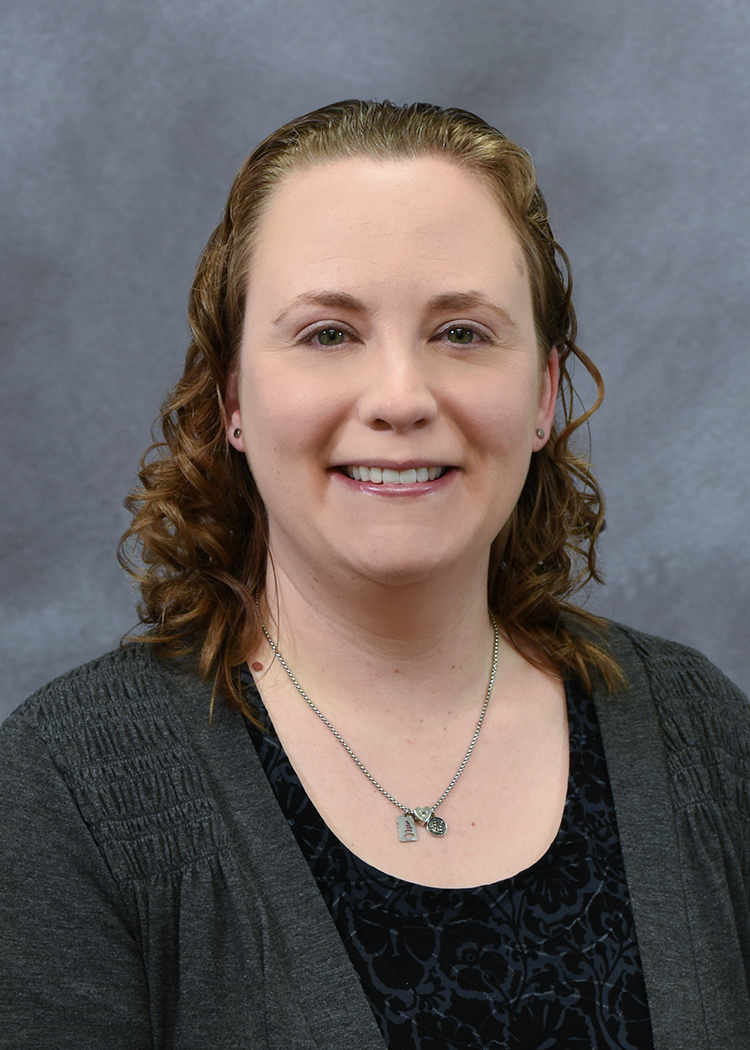
Meghan McGee-Lawrence, PhD
706-446-0128
The overall goal of my research is understanding the epi/genetic biology behind the development, maintenance, and regeneration of skeletal structure and biomechanical strength, focusing on biological, mechanical, and epigenetic control of bone remodeling, as well as integrative pathways involved in crosstalk between the skeleton and other organ systems to regulate development and disease progression.

Patricia Schoenlein, PhD
706-721-1876
Our overall goal is to improve the treatment of breast cancer by preventing resistance. Autophagy, a process of recycli8ng organelles when cells are stressed, allows cancer cells to survive chemotherapy and radiation. Our laboratory seeks to identify key molecules that could be targeted to prevent pro-survival autophagy.

Menaka Thounaojam, PhD
706-721-7910
Dr. Thounaojam is trained in epigenomic studies and retinal disease, including retinal inflammation and vascular dysfunction (RNV and diabetic retinopathy). Dr Thounaojam is particularly interested in understanding how prematurity or neonatal factors contribute to retinopathy of prematurity (ROP). Her NIH-RO3 from NICHD evaluated the role of various bile acids for the treatment and prevention of complications in the preterm infant. She has been recently investigating the role of bile acids, gut microbiome, and their correlation in the complication of prematurity. She collaborates with basic and clinician-scientists and many members of the VDI. She is also actively involved in the training of undergraduate, graduate, and medical students at Augusta University. She has been Associate Editor of Frontiers in Medicine journal (Ophthalmology section) since 2020. She has been guest editor of special issues of Biomolecules journal on Ischemic Retinopathies. She also serves as an Editorial board member and a reviewer of various journals, including Scientific Reports, Journal of Clinical Medicine, Oxidative and Cellular Longevity.
More About MENAKA THOUNAOJAM, PHD
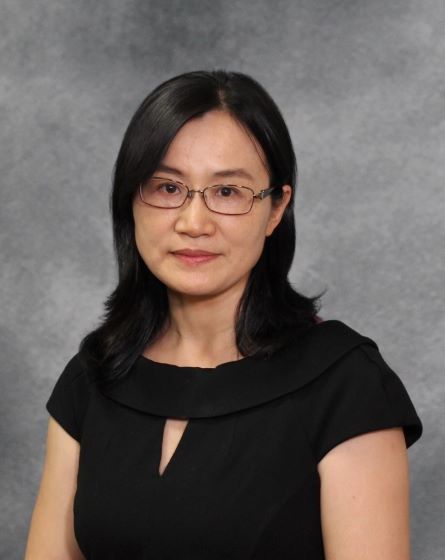
Jing Wang, PhD
706-721-7286
Our lab focuses on retinal neurovascular biology and mechanisms of immune, neuron and vascular interaction that control retinal neurovascular function during health and disease. We seek to develop novel strategies to create a favorable retinal environment for cell survival, vascular repair and revascularization in diseases like retinopathy of prematurity and age-related macular degeneration.

Mitchell Watsky, PhD
706-723-9541
My research interests have focused on corneal wound healing, ion channel function, cell signaling and bioengineering of an artificial cornea. I also have a long term interest in bioactive lipids. Stemming from my corneal wound healing work, research projects in the lab have broadened to include translational projects aimed at understanding initiation of fibrotic diseases throughout the body, including scleroderma (SSc) and pulmonary fibrosis, as well as research involving osteoporosis and markers of bone metabolism.
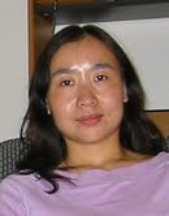
Qingqing Wei, PhD
706-721-3551
Acute kidney injury (AKI) is a major kidney disease with high mortality clinically, which can be induced by injurious factors such as ischemia, nephrotoxins, and sepsis. In addition, patients are at higher risk to develop chronic kidney diseases (CKD, characterized by maladaptive tubular repair and massive renal fibrosis development) even after they are recovered from an AKI episode. Our research interests are the pathophysiological mechanisms, specifically the epigenetic regulation, of AKI and CKD. Currently we mainly focus on the role of a long non-coding RNA GSTM3P1 (an RNA transcript from pseudogene). We will use both in vitro and in vivo mouse model to understand its pro-renal injury role in ischemic AKI, its interaction with microRNAs, and its regulation to the parent gene GSTM3. In addition, we will also explore the role of long non-coding RNAs and microRNAs in other AKI models and how they regulate the renal repair and fibrosis in CKD models.

Ming Zhang, MD, PhD
706-721-6772
The primary objective of our research program is to understand the pathogenesis of cytomegalovirus and herpes simplex virus ocular infections by using mouse models and organatypic retinal culture models. Our current work includes the investigation of the mechanisms of death of bystander retinal cells during ocular murine cytomegalovirus retinitis and also determine the role of cytomegalovirus in the development of age-related macular degeneration (AMD).


706-713-2211

706-713-2283

706-713-2275

706-713-2176

